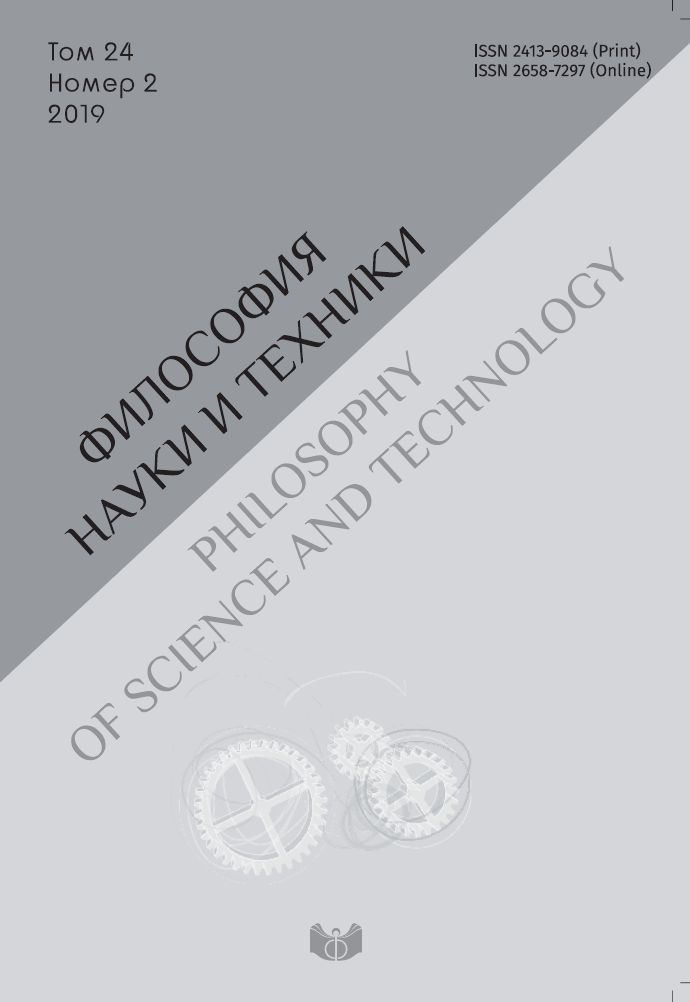Foresight as form of social design and social engineering
DOI:
https://doi.org/10.21146/2413-9084-2019-24-2-109-123Keywords:
форсайт, социальное проектирование, прогнозирование, прогностическая деятельность, прикладная наука, социальные технологии, социальный дизайн, социальный проект, проблема демаркацииAbstract
The article presents results of a study of the correlation between foresight – popular prognostic practice – and such traditional activities as forecasting and design. Furthermore author investigates the ability to define foresight as form of social design instead of the concept of social technology (as is often done in the Russian literature). The article represents the stage of a more detailed study of foresight, involving, firstly, the analysis of existing approaches to its conceptualization, secondly, the analysis of foresight practice in its development and, thirdly, the development of a three-dimensional representation of this phenomenon since the use of philosophical – epistemological, methodological, socio-philosophical, etc. – analysis makes possible producing such representation. The author points out the problem of the current relationships between fundamental social knowledge (social theory) and applied social knowledge and social practice and the importance of foresight as a special case of this situation. The concept of “social future-oriented activity” is established as an operational definition of foresight, author traces the development of foresight practices from a predominantly predictive forms to the projective, the causes of such evolution and, in general, of shift from dominance of social forecasting to social engineering are identified. The analysis of the concept and practice, known as “social design”, explicated virtually absent in the domestic research literature distinction between social design as form of human activity and social and communication, organizational and managerial phenomenon well-known as “project”. This distinction enables to reveal the design and social engineering functions of foresight. The problem of the scientific status of foresight is briefly characterized, the heterogeneous epistemic content of foresight is pointed out, the main features of attempts to build the theory of foresight are marked. In conclusion, author outlines some directions for the future study of foresight in the framework of the epistemological analysis and the philosophy of science.











